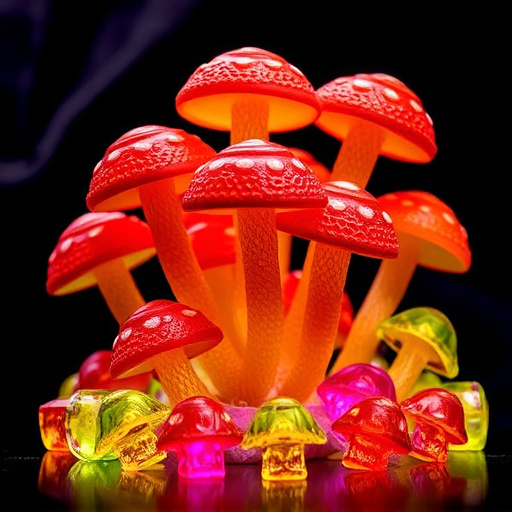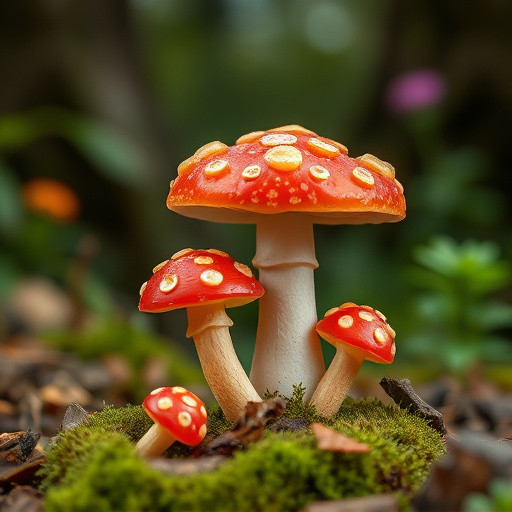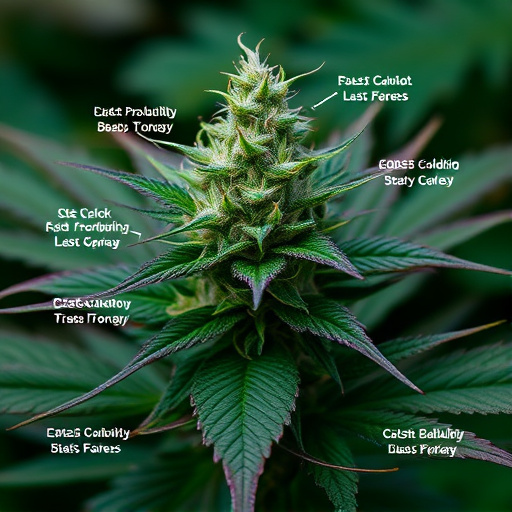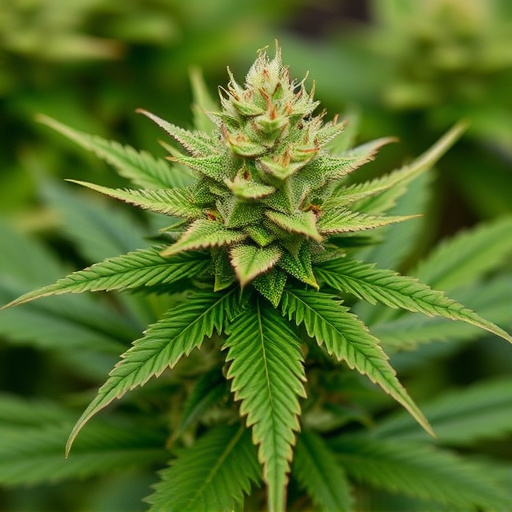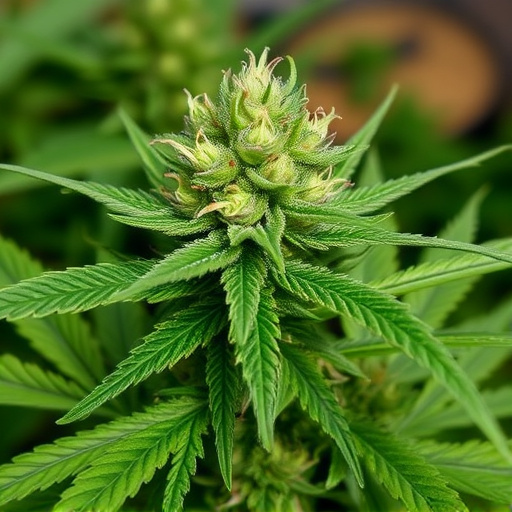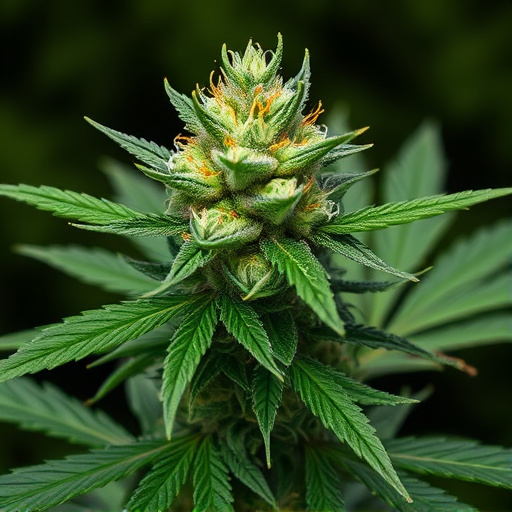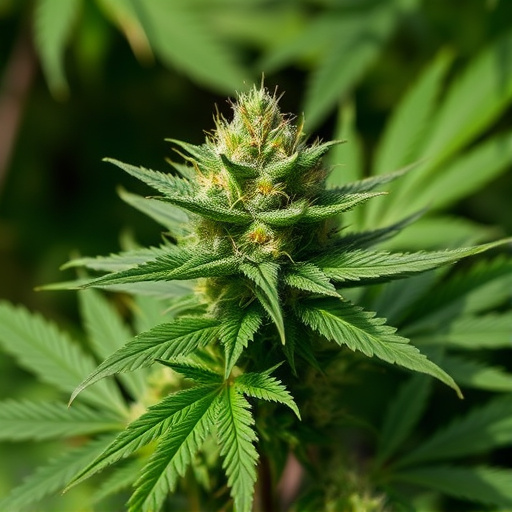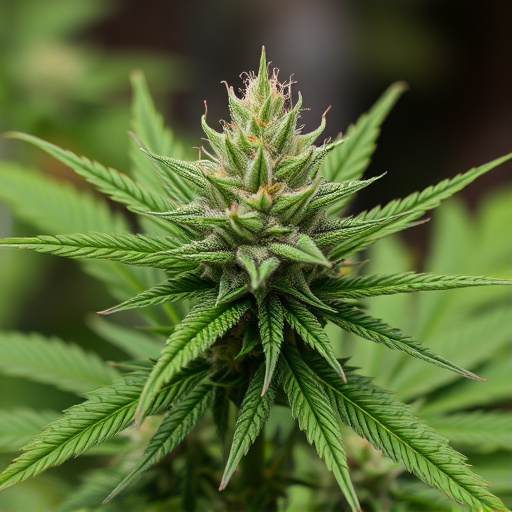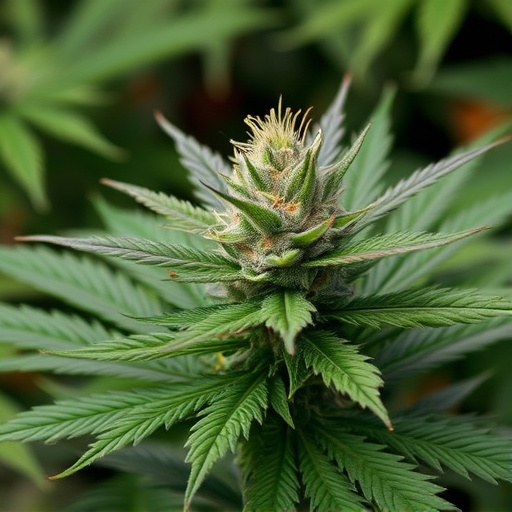Cannabis strains vary in THC and CBD content, affecting interactions with the human endocannabinoid system and mood. While moderate THC doses can enhance relaxation and euphoria, higher concentrations or long-term use may induce anxiety. Personal experiences with cannabis for happiness differ, with some reporting improved mood, social connections, or anxiety/depression management. Responsible consumption involves understanding limits, choosing low-dose options, and considering alternative therapies to maintain mental health balance.
Can weed make you happier? It’s a question that sparks debate, but with growing acceptance of cannabis, understanding its potential impact on mood is crucial. This article explores the multifaceted relationship between cannabis strains and happiness. We delve into the science behind cannabis’ effects on the brain, dissecting research to separate fact from fiction. Additionally, personal experiences are considered, emphasizing responsible use and the importance of choosing the right cannabis strains for your well-being.
- Understanding Cannabis Strains and Their Potential Impact on Mood
- The Science Behind Cannabis and Happiness: What Research Says
- Personal Experiences and Considerations for Responsible Use
Understanding Cannabis Strains and Their Potential Impact on Mood
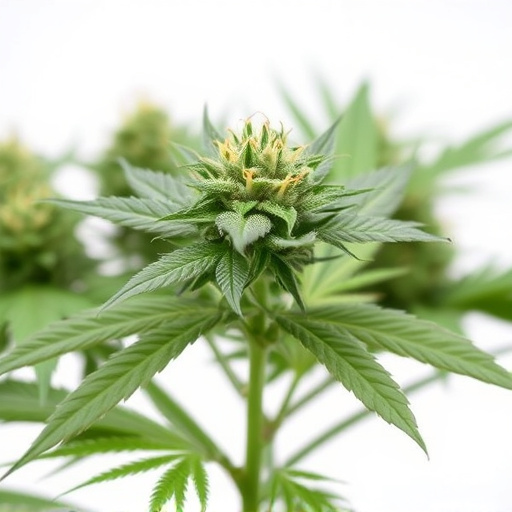
Cannabis strains vary greatly in their chemical composition, primarily due to different levels of THC (tetrahydrocannabinol) and CBD (cannabidiol). This variation significantly influences how each strain interacts with the human endocannabinoid system, which plays a crucial role in regulating mood, memory, appetite, and pain.
For instance, strains high in THC are known to induce euphoria and can temporarily enhance feelings of happiness. However, these effects may come with variability; some users report heightened anxiety or paranoia, especially with higher THC concentrations. In contrast, CBD-rich strains have gained popularity for their potential mood-stabilizing properties. Research suggests that CBD may help reduce symptoms of depression and anxiety, contributing to a more balanced and positive emotional state. Thus, understanding the specific cannabis strains and their effects on mood is essential for navigating the potential benefits or risks associated with their consumption.
The Science Behind Cannabis and Happiness: What Research Says
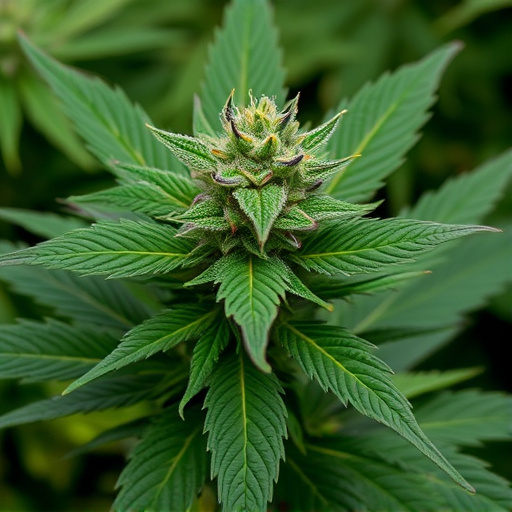
The relationship between cannabis and happiness has intrigued scientists for years, leading to a growing body of research exploring this connection. While popular culture often portrays cannabis as an instant mood lifter, the science behind it is more complex. Studies suggest that the impact of cannabis on happiness depends on various factors, including the specific cannabis strains and their effects, individual brain chemistry, and frequency of use.
Cannabis contains numerous chemical compounds called cannabinoids, with THC (tetrahydrocannabinol) being the most well-known for its psychoactive properties. Different cannabis strains have varying levels of THC and other cannabinoids, which can influence how users feel. For some, a moderate dose of THC may induce feelings of euphoria and relaxation, contributing to an improved mood. Research has also shown that certain cannabinoids interact with brain regions involved in regulating emotion, suggesting a potential link between cannabis use and happiness. However, long-term use or higher concentrations can lead to adverse effects, such as anxiety and paranoia, which may counteract any initial positive emotions.
Personal Experiences and Considerations for Responsible Use
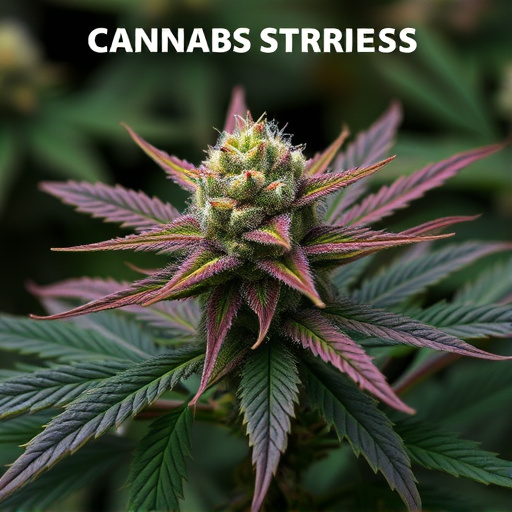
Many people report experiencing a sense of happiness and well-being after consuming cannabis, attributing it to the relaxing and euphoric effects of specific cannabis strains and their unique chemical compositions. Personal experiences vary widely, with some individuals finding that certain strains elevate their mood, foster social connections, or even help manage feelings of anxiety and depression. However, it’s crucial to consider responsible use. The impact of cannabis on mental health is complex, and individual responses can differ significantly based on factors like tolerance, frequency of use, and underlying psychological conditions.
While cannabis may offer temporary relief from symptoms associated with stress and anxiety for some users, it’s essential to approach its use thoughtfully. Excessive or prolonged use could potentially lead to adverse effects on mental health, especially in individuals predisposed to conditions like schizophrenia. Responsible consumption involves understanding one’s limits, choosing low-dose options, and considering alternative methods or complementary therapies alongside cannabis to maintain a healthy balance.
While cannabis has been shown to have potential mood-enhancing effects, it’s crucial to remember that individual experiences vary greatly based on factors like strain composition and personal tolerance. Understanding different cannabis strains and their unique profiles is essential for responsible use. The science behind its impact on happiness is still evolving, highlighting the need for further research. Personal experiences can be positive, but always consider moderation and consult healthcare professionals for guidance.

